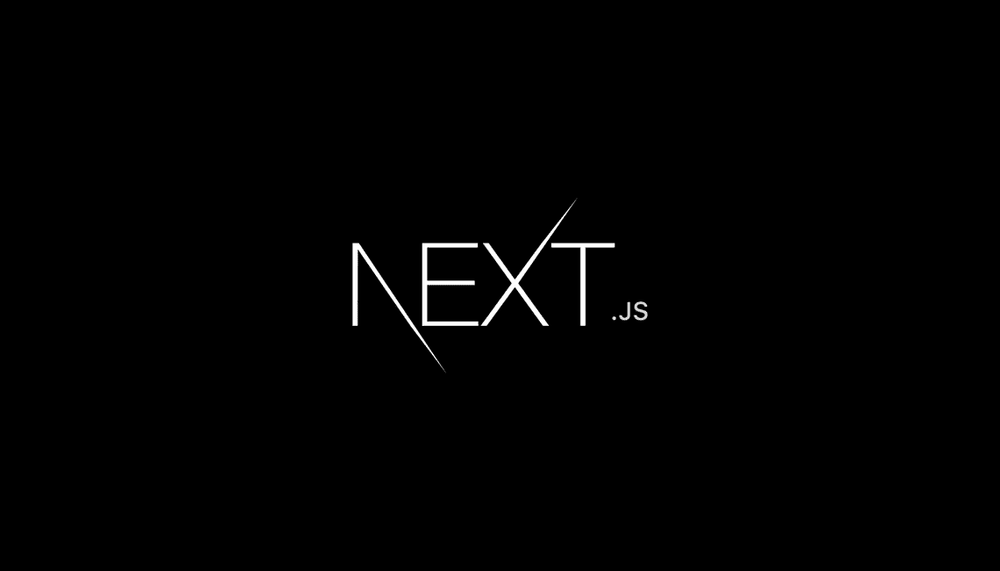Expresso -
NextJS
Next.js is an open-source web development framework built on top of Node.js enabling React-based web applications functionalities such as server-side rendering and generating static websites. React documentation mentions Next.js among "Recommended Toolchains" advising it to developers as a solution when "Building a server-rendered website with Node.js". Where traditional React apps can only render their content in the client-side browser, Next.js extends this functionality to include applications rendered on the server-side.Next.js is a React framework that enables several extra features, including server-side rendering and generating static websites. React is a JavaScript library that is traditionally used to build web applications rendered in the client's browser with JavaScript. Developers recognize several problems with this strategy however, such as not catering to users who do not have access to JavaScript or have disabled it, potential security issues, significantly extended page loading times, and it can harm the site's overall search engine optimization. Frameworks such as Next.js sidestep these problems by allowing some or all of the website to be rendered on the server-side before being sent to the client. Next.js is one of the most popular frameworks for React. It is one of several recommended "toolchains" available when starting a new app, all of which provide a layer of abstraction to aid in common tasks.Next.js requires Node.js and can be initialized using Node Package Manager. Google has donated to the Next.js project, contributing 43 pull requests in 2019, where they helped in pruning unused JavaScript, reducing loading time, and adding improved metrics. As of March 2020, the framework is used by many large websites, including Netflix, GitHub, Uber, Ticketmaster, and Starbucks.In early 2020, it was announced that Vercel had secured twenty-one million dollars in Series A funding to support improvements to the software. The framework's original author, Guillermo Rauch, is currently the CEO of Vercel, and the project's lead developer is Tim Neutkens.
